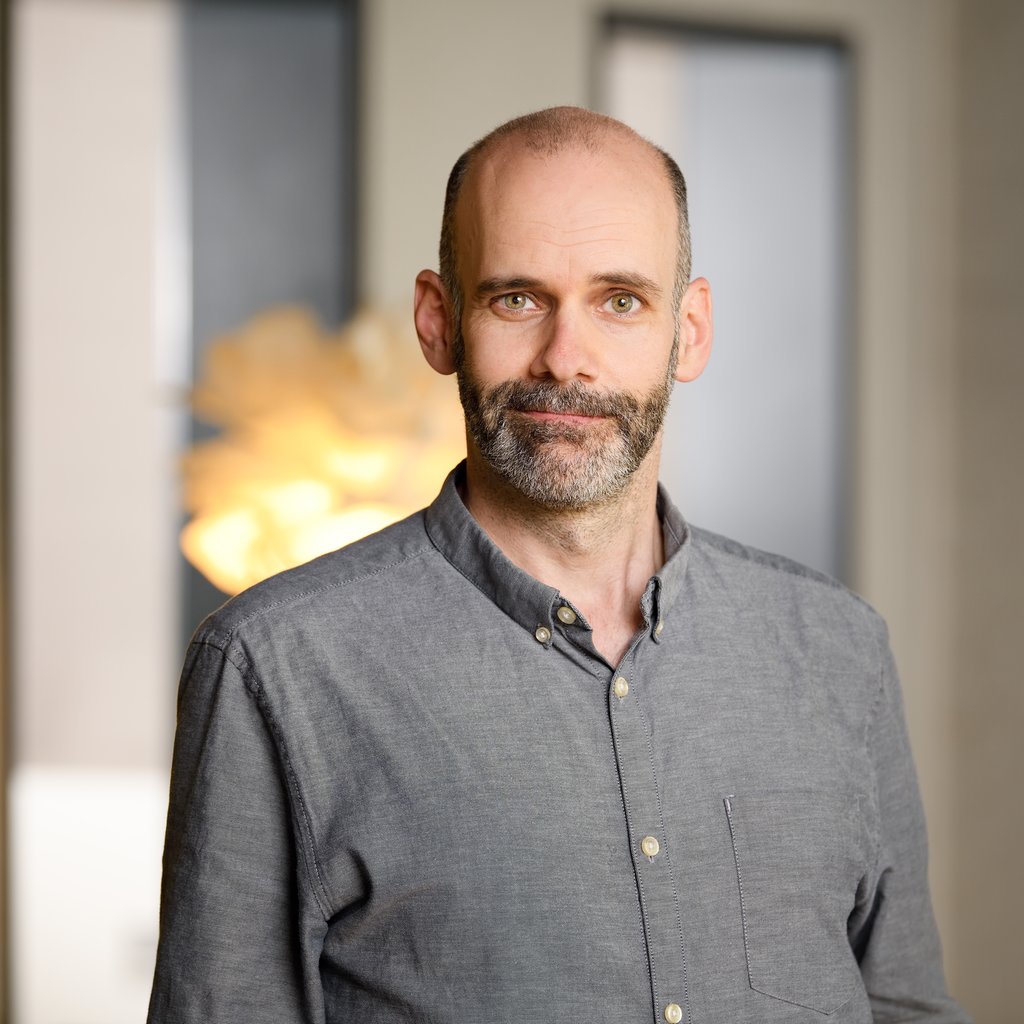Sander Verbrugge | Innovation Industries
4
Encouraging young entrepreneurs
Sander Verbrugge, partner at Innovation Industries, has a clear message to academic engineers: by starting a spin-off company you can really make an impact with your technology. Together with Chris Rétif, Business Developer at TU/e, he explains how the Thematic Technology Transfer scheme can help TU/e’s aspiring entrepreneurs.
With the Thematic Technology Transfer scheme (TTT), the four Dutch technical universities and TNO have joined forces with venture capitalists to unlock innovative potential at an early stage and assist researchers with the valorization of their research. Besides the Ministry of Economic Affairs and Climate Policy and the Ministry of Education, Culture, and Science, venture capitalists such as Innovation Industries also contribute to the available budget.
Aid for various phases
The fund consists of different instruments, Rétif and Verbrugge explain. Rétif: ‘First, there are vouchers worth 25.000 euros for business ideas that are still in their infancy, where there is a need for example to perform feasibility studies or work on prototyping. Typically, cases eligible for these types of vouchers are presented to the TTT fund board by the business developers of the universities.’
Once equipped with a clear business plan, IP position, and market proposition, start-ups can apply for a 250.000 euros investment by the fund part of TTT, managed by Innovation Industries. Verbrugge: ‘We judge each proposal on the regular aspects, such as technology, product, team, and market potential. We perform a light due diligence and aim to reach a go/no-go decision within six weeks.’

Chris Rétif | Business Developer at TU/e
If the verdict is positive, the start-up receives a convertible loan. ‘This loan provides financing to the young company with very limited financial risks to the founder,’ Verbrugge explains. ‘The loan converts into shares in the next funding round, in case the company becomes a success.’
Now is the time
New start-ups in the field of integrated photonics are more than welcome to apply, Rétif and Verbrugge state. ‘Over the past years, Eindhoven has already seen two very successful spin-offs in this field: SMART Photonics and EFFECT Photonics. These companies form a strong foundation under the Eindhoven photonics ecosystem,’ Rétif emphasizes. Verbrugge: ‘And on the national level, PhotonDelta also provides a huge stimulus to the integrated photonics field.’
The TTT fund recently invested in TU/e start-ups MantiSpectra and MicroAlign. Verbrugge: ‘Photonics is an exciting new field with great potential. First and foremost in communication applications. But also, the sensing angle, in for instance automotive or biosensing, is very promising and is something we would always look closely at.’ All that is needed now are enthusiastic innovators who are willing to become entrepreneurs. Verbrugge: ‘Don’t be put off by the perceived risks. Focus on the great experience, steep learning curve, and growth potential that becoming an entrepreneur provides instead.’